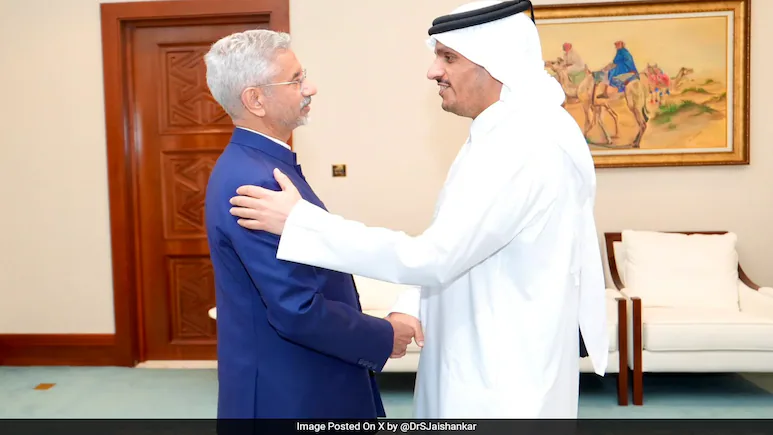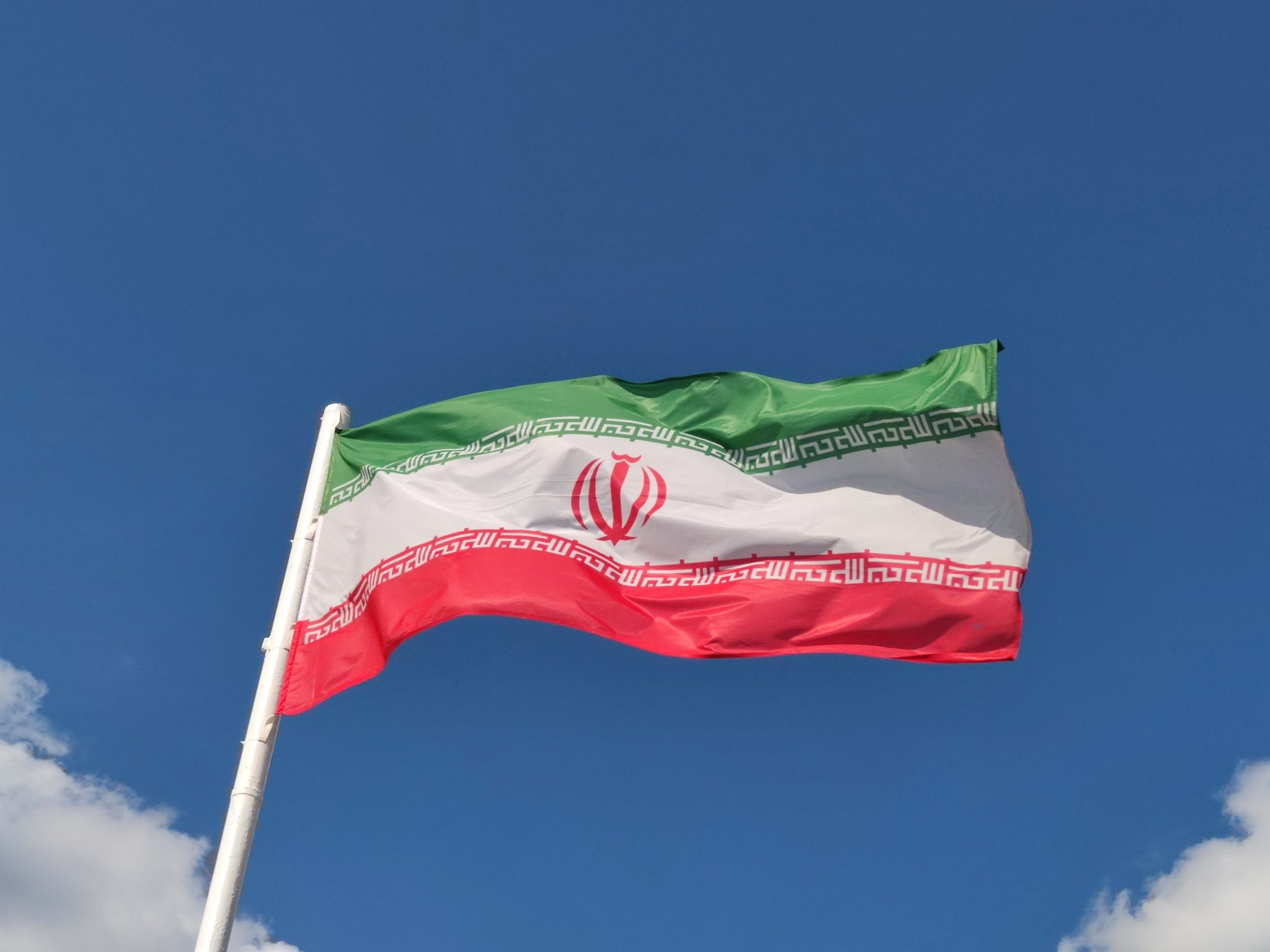One of the key targets for NDS3 is an average annual economic growth rate of 4% through 2030.
Qatar has launched its third National Development Strategy (NDS3) for the years 2024 to 2030.
The strategy, chaired by Prime Minister and Minister of Foreign Affairs Sheikh Mohammed bin Abdulrahman bin Jassim Al Thani, marks the final stage in achieving the objectives of the Qatar National Vision 2030.
This plan aims to position Qatar as an advanced state, ensuring sustainable development and a high standard of living for its citizens.
At the forefront of NDS3 are four critical pillars: human, social, economic, and environmental development.
In a press briefing, Minister of Justice and Minister of State for Cabinet Affairs Ibrahim Al Mohannadi outlined the core objectives of NDS3.
The strategy prioritises competitiveness, innovation, and institutional excellence, balancing sustainable growth with social cohesion.
A key target is an average annual economic growth rate of 4% through 2030, driven by expanding gas production and a vigorous economic diversification agenda.
This agenda aims to place Qatar among the top 10 global destinations for investors and companies, fostering specialised economic clusters and a robust innovation system.
The strategy also focuses on enhancing workforce productivity by 2% annually.
This approach aims to create high-skill, high-wage jobs while maintaining a sustainable population growth rate.
One of the critical elements of the economic development model in NDS3 is evolving the government’s role to enable the private sector to spearhead economic growth.
The approach includes developing competitive economic clusters, adopting bold reforms in the business environment, and encouraging participation from national companies and the Qatar Investment Authority.
Financial sustainability is another pillar of NDS3.
The strategy plans to implement a medium-term public budget framework, diversify revenue sources, and manage public debt effectively. This approach aims to reduce the impact of economic fluctuations and increase the efficiency of government spending.
The strategy also addresses workforce development, aiming to increase the proportion of skilled workers to 46% by enhancing recruitment policies, implementing new work methods, and developing skill-building programmes in government institutions.
Inclusivity is a cornerstone of NDS3, with plans to employ over 20% of the Qatari workforce in the private and joint sectors.
This goal will be achieved by encouraging private-sector employment of Qataris, skill development programmes in cooperation with the private sector, and aligning education with market needs.
Family strength and societal cohesion are also focal points of the strategy, with initiatives to support marriage, promote positive parenting, and enhance the flexibility of women’s work.
The strategy aims to raise the fertility rate to an average of three births per woman and strengthen national identity and cultural content production.
Internationally, Qatar reaffirms its commitment to peace, stability, and the peaceful resolution of conflicts, underscoring its role in global partnerships and multilateral efforts.
Environmental sustainability is integral to NDS3, with commitments to reducing greenhouse gas emissions, rationalising resource consumption, and transitioning to sustainable transport and a circular economy.
Finally, the strategy aims for a 90% digitisation of services and a customer satisfaction rate of at least 85%.







